PAW Climate Expert Round 3: Data Acquisition & Mining
Date:
Monday, Jun 14, 2021
Time:
11:10 am
Track:
Summary:
1. Data Can Feed the World. But Do We Have the Right Data? (Sharavani Basu and Sébastien Foucaud)
Amid the current health and economic crisis, another chronic but fast deteriorating one is the food crisis! Not to sound alarmist, but shifting climatic patterns, trade & geopolitical instability, rising population among others has brought millions to the brink of poverty and starvation. As the productivity gains through mechanization and chemistry-based solutions in an intensive mode is fast plateauing or even reversing due to resistance build-ups, Digital Agriculture & Precision Farming, powered with advanced Analytics and Data Science seems to hold much promise in building sustainable systems with reduced environmental impact. Challenges to use data in agriculture is an experience shared across industries: aggregating data at large scales can be difficult, but identifying the right data is where the real challenge lies! We will present different use cases of novel pest outbreak forecasts, where despite abundant data availability, new approach for data acquisition is urgently needed.
2. Challenges & Best Practices: How to Handle Weather Data in Forecasting Models with Success (Christian Schneider)
Weather happens all the time with an undeniable influence on behavior, such as consumption, and therefore also on commercial success. Though one can´t change the weather, there are many options to utilize weather for one’s advantage. However, weather is not just weather. What are the special characteristics of weather compared to other data? Which machine learning models are most suitable? Christian Schneider talks about challenges and opportunities using weather in scalable forecast solutions.
3. ESG in the News: Text Mining for Sustainability Signals (Gerhard Rolletschek)
Many current ESG rankings lead to absurd results. Greenwashing occurs when companies can rank high in ESG scores by streamlining their reports and figures instead of truly reducing their ecological footprint. Using text mining based on predicate-argument-structures and using a few-shot learning approach, we show how ESG-relevant signals in multiple dimensions can be extracted from unstructured news sources and how this can lead to a more balanced and fair assessment of ESG activities.
